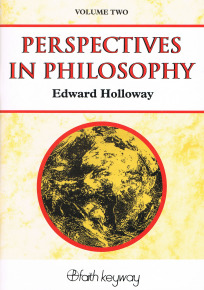
Faith Shop
Full Product Description
The reader will find this volume of Perspectives much easier to read than the first
booklet which, of its nature, was a critique of a system of philosophy, indeed of thought
in general, which has become irrelevant to modern knowledge and modern man. It is
now all but abandoned, even in the schools of the Catholic Church. In that abandonment
however much that was utterly true in basic perception has become confused to the
grave danger of the Church, even in the presentation of her theology. One rethinks, in
the volume, the same basic relationships of God, Man, and Matter as occupied the
minds of the Schoolmen, and of their mighty Greek precursors. In identifying the
"noumenon" with the "phenomenon" and repudiating the basic Idealism behind both
Greek and Scholastic thought, it is possible to answer Immanuel Kant convincingly. Both
Teilhard de Chardin and Karl Rahner have already troddenn the same "cosmic path" as
we do in these meditations. Their conclusions are unacceptable to most scientists, and
also, one thinks, to philosophers of science and to the theology of the Church. They both
began their reflections within cosmic evolution with the identification of matter and
intellect as grounded in one common order of being, and of energy. We do not. If one
has the advantage of reflecting the problem of, "What is man: how much is matter and
how much is mind?", from the viewpoint of a Unity-Law of Control and Direction unto an
entitative climax, we can show the intimate and physical relationship between the brain
as sheer matter, and the mind as true spirit, in the orthodox Christian sense.




